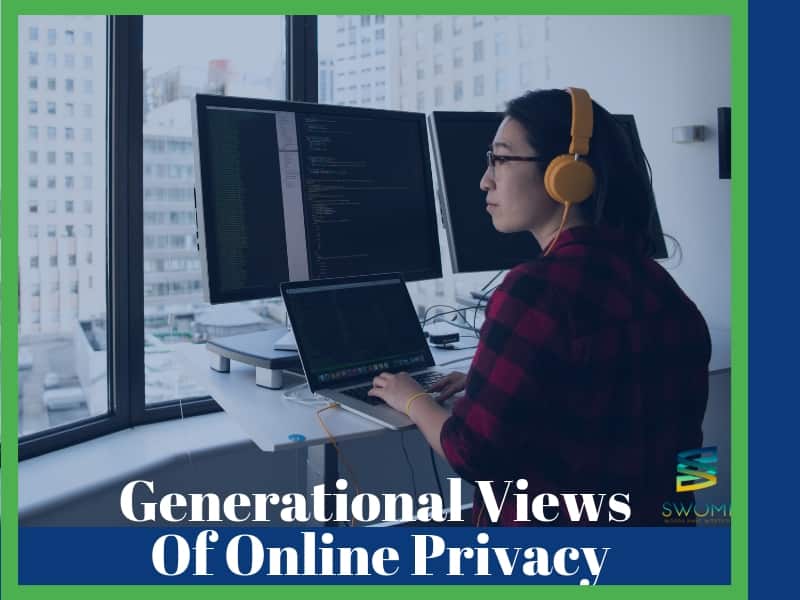Before the internet, the concept of “privacy” had a simpler meaning. With the internet, a whole new dimension of privacy was formed to suite the online world. Older generations tend to view their privacy abstractly. They think of online privacy in general principles, like their relationship with the government.
Younger generations, on the other hand, have a solid, practical understanding of online privacy. Interestingly, they use their online privacy kung-fu to block certain people from seeing select pieces of content. For example, they may not want their mom to see pictures from the party they went to last week.
Younger age groups also care the most about how their information is used. And they expect to have a high level of control over their personal information.
As Heather West explains in her guest post on Wired:
"Younger users may not be able to cite specific privacy laws and standards off the top of their heads but they have a firm grasp of what they do want control over when it comes to their Internet usage and an expectation that these controls are not a privilege, but a right as digital natives."




